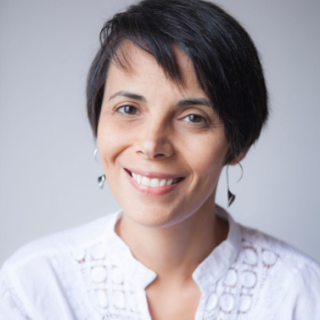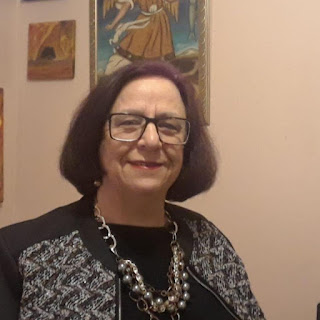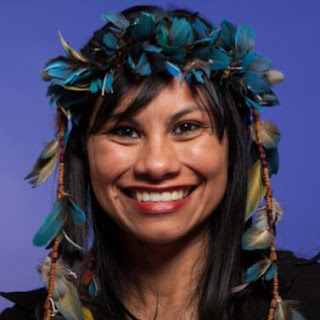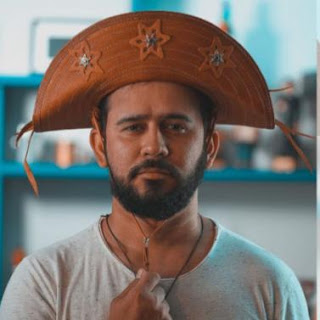Biography.
Demetrios Galvão (Teresina/PI) is a poet, editor and teacher. Author of books of poems - Fractais Semióticos (2005), Insólito (2011), Bifurcações (2014), O Avesso da Lâmpada (2017), Reabitar (2019) and Capsular (2015). In 2005, he released a CD with poems. He has poems published in several anthologies and literary magazines. He is co-editor of Acrobata magazine (www.revistaacrobata.com.br) in activity since 2013.
The Needed Enigma
age is a labyrinth that
shapes itself in combat
interests me the needed enigma
the emotion of the soft voice
salute the perennial flow of blood
celebrate in silence the sun that lights up the face
the quiet fire that heats the dead body
I trim the excess of time that lies near the skin
I hold in one hand the affection of the other hand
in line with a satellite
that drives the desire
– it is not possible to die easily.
Magic-word
when the feet get sick
and forget the ways
the body needs to invent flights.
the fish swims in the depth of the right rib
in the darkness between-bones
migrating to the coziness of the meaty coast.
(the tongue when well planted
reaches deep veins
voluptuous source of fables)
I seek then, the supernatural beauty:
the African hips, the monarchic span,
the incendiary anatomy.
I dress up with wings and lamps
and I go to meet you
with a magic-word adorning the eyes.
Translated by Belise Campos and Jéssica Iancoski
















